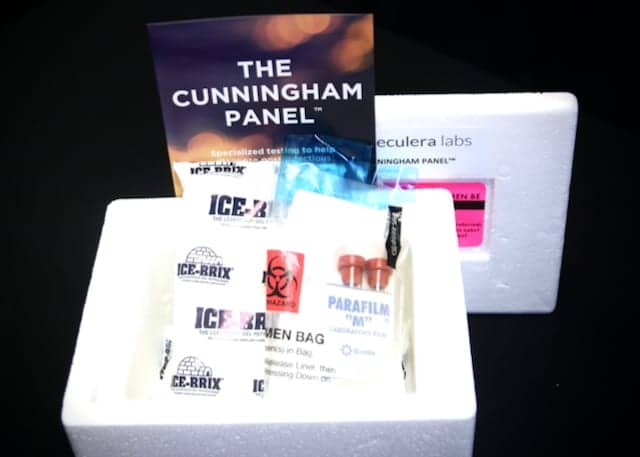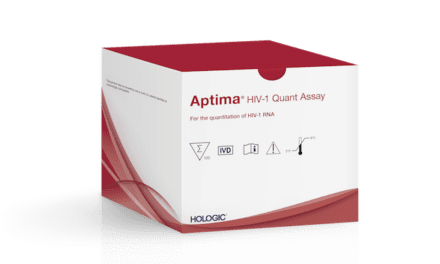The accuracy and sensitivity of Cunningham panel results correlates with symptom resolution in patients with an infection-triggered autoimmune encephalopathy, according to a study from Moleculera Labs, Oklahoma City, in conjunction with leading clinicians throughout the country. Autoimmune encephalopathy is an infection-triggered immune response against portions of the brain or nervous system that can result in a variety of neurologic or psychiatric symptoms.
The study included 58 patients diagnosed with pediatric acute-onset neuropsychiatric syndrome (PANS) or pediatric autoimmune neuropsychiatric disorder associated with streptococcal infection (PANDAS)—both infection-triggered autoimmune encephalopathies. The study subjects were tested with the Cunningham panel both before and after treatment, and their results were compared with their reported neuropsychiatric symptoms.
The Cunningham panel measures antineuronal antibodies against dopamine D1 receptor, dopamine D2L receptor, lysoganglioside-GM1, tubulin, and a cell-stimulation CaMKII assay. The panel can provide clinicians with biological evidence supporting the diagnosis of an immune-mediated disorder, which may suggest alternative treatment modalities.
The study revealed a strong positive association between changes in neuropsychiatric symptoms and changes in the level of antineuronal antibodies directed against the brain, and antibody-mediated CaMKII human neuronal cell activation, as measured by the Cunningham panel.
When the results were examined by changes in autoantibody and cell stimulation levels, the researchers observed overall accuracy of 90%, sensitivity of 88%, specificity of 92%, and an area under the receiver operating characteristics curve of 95.7%.
“The study findings support utility of the five assays comprising the Cunningham panel to serve as an aid in a physician’s diagnosis of autoimmune encephalopathies, and it provides an objective biological measure of treatment effectiveness,” says Craig Shimasaki, PhD, MBA, president and CEO of Moleculera Labs.
“For infection-triggered autoimmune encephalopathies there is a significant need to better understand the underlying disease mechanism and confirm biological targets that can improve patient identification and direct effective therapy,” says Shimasaki. “Validation of biological targets in patients with autoimmune neuropsychiatric conditions may ultimately lead to the development of more efficacious targeted therapeutics for treating patients with these disorders.”
For more information, visit Moleculera Labs.
Reference
- Shimasaki C, Frye RE, Trifiletti R, et al. Evaluation of the Cunningham panel in pediatric autoimmune neuropsychiatric disorder associated with streptococcal infection (PANDAS) and pediatric acute-onset neuropsychiatric syndrome (PANS): changes in antineuronal antibody titers parallel changes in patient symptoms. J Neuroimmunol. 2020;339:577138; doi: 10.1016/j.jneuroim.2019.577138.
Featured image:
Photo by Sunny Kersh, courtesy Moleculera Labs.






